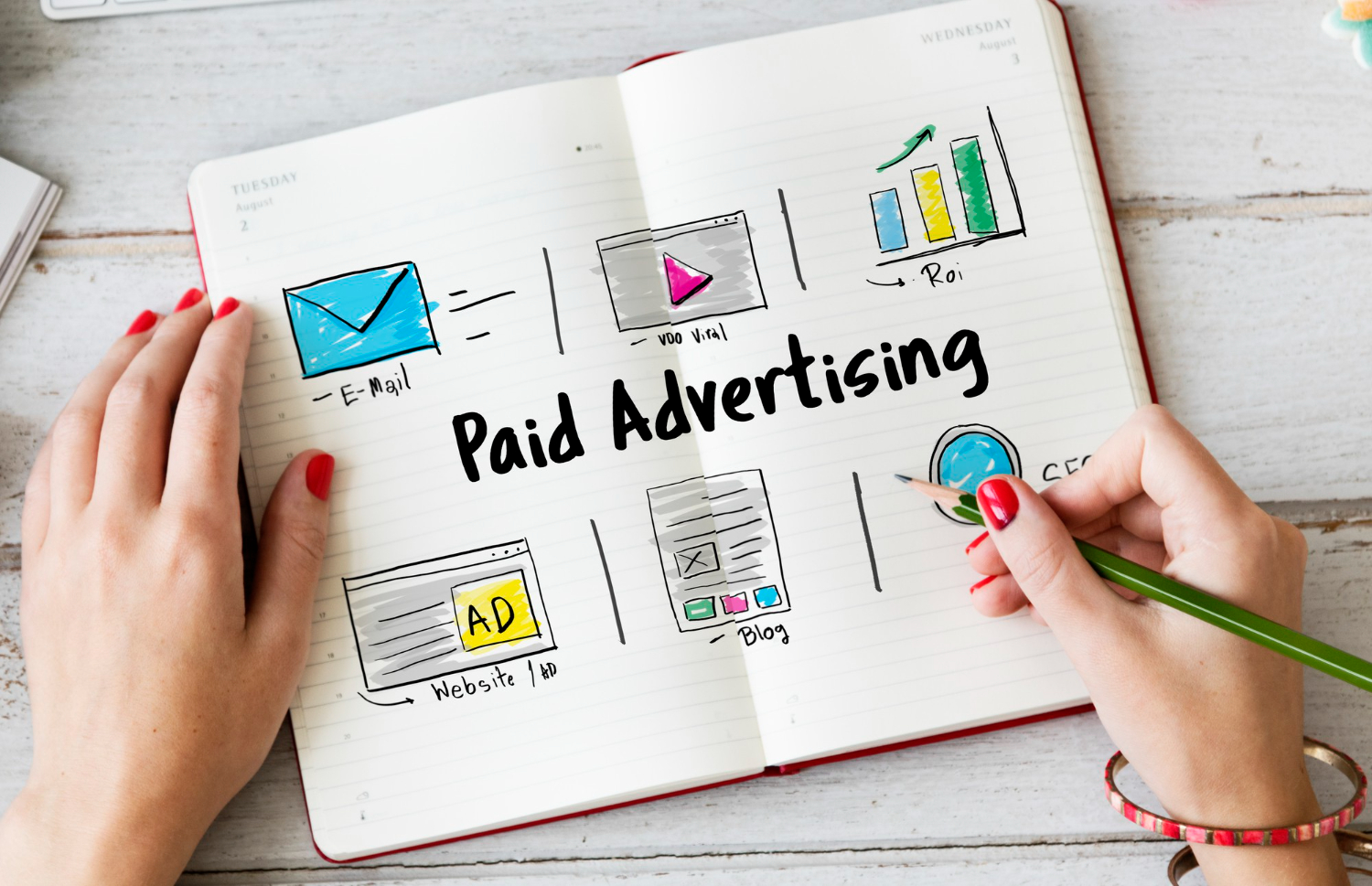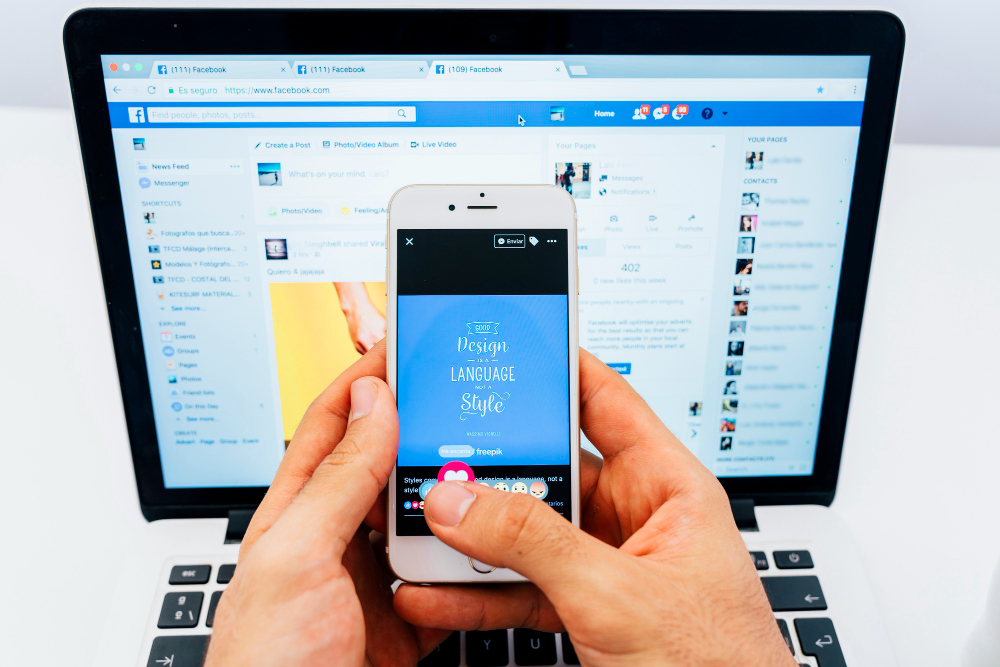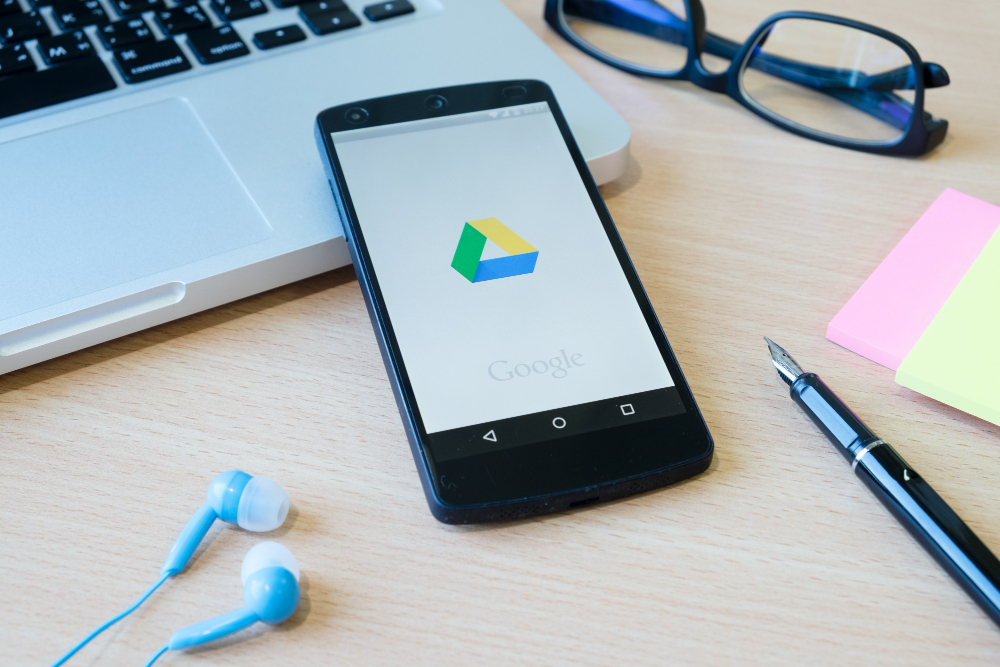
Focus Page Title
Lorem ipsum dolor sit amet, consectetur adipiscing elit, sed do eiusmod tempor incididunt.
Find out more ➜
In the bustling digital landscape, where businesses vie for online prominence, the choice between Google Ads and Facebook Ads plays a pivotal role in determining a company’s advertising success. Atomic Leap as Bristol PPC agency is well aware of this, as they guide businesses through the intricate world of pay-per-click advertising. But the burning question remains: which platform should your business prioritize?
However, here’s the catch: businesses must choose their stage wisely. The decision between Google Ads and Facebook Ads holds the key to effective digital advertising. Each platform boasts unique capabilities, making it essential for businesses to align their choice with their specific goals and objectives. As we delve deeper into the world of online advertising, we’ll navigate the intricacies of these giants to help businesses make the right call for their success.
Platform | Facebook ads | Google ads | ||||||||||||||||||||||
Average Cost per Click (CPC) | 97 cents | 1-2 $ | ||||||||||||||||||||||
Average Click-through Rate (CTR) | 1.32% | 4.85% | ||||||||||||||||||||||
Average Cost per 1,000 Impressions, or CPM $11.69 Facebook* $10.41 Instagram* $3.12 Average Cost per Lead (CPL) $10.94 Facebook* $12.78 Instagram* $40.74 Average Click-through Rate (CTR) 0.90% 6.30% Average Conversion Rate 9.21% 7.26% User Intent Passive: Audience may not be actively looking or ready to buy Active: Audience is actively searching and ready to buy Targeting Basis Interests, demographics Keywords, search intent Ad Types Image, Video, Slideshow, Carousel, Collection, and Instant Experience Organic results, Call-only, Shopping Ads, Service Ads, and Remarketing Display Ads |
Facebook Ads and Google Ads are two prominent advertising platforms with distinct features and capabilities. Here are some key differences in their campaign features.
Platform | Facebook ads | Google ads |
Advertising Goals | Facebook offers a wide range of ad objectives, including brand awareness, engagement, website traffic, lead generation, and e-commerce sales. | Google is primarily focused on search and display advertising, with goals like driving website traffic, increasing sales, and generating leads. |
Ad Networks | Facebook, Messenger, Instagram, and Audience Network | Google search, display, shopping, remarketing, and local service ads |
Audience Intent | Passive | Active, users with high purchase intent |
Ad Targeting | Audience | Keywors for search campaigns and audience targeting for display campaigns |
Audience Targeting by Location | ✓ | ✓ |
Audience Targeting by Behaviors, Interests, or Demographics | ✓ | ✕ |
Ads With Images | All Ads | Shopping and remarketing |
Video Ads | ✓ | ✕ |
Ad Scheduling | ✓ | ✓ |
Negative Keywords (to Exclude) | ✕ | ✓ |
Automatic Budget Optimization | ✓ | ✓ |
Remarketing Ads | ✓ | ✓ |

Facebook Ads can be a powerful addition to your digital marketing strategy in various scenarios. Here are some situations when you should consider using Facebook Ads:
In summary, Facebook Ads are versatile and can be used in a range of scenarios to achieve various marketing objectives. It’s essential to align your choice to your specific goals and target audience for the best results.

Google Ads is a versatile advertising platform that can be highly effective in various situations. Here are some scenarios in which you should consider using Google Ads:
In conclusion, Google Ads is a valuable tool for businesses looking to drive immediate, high-intent traffic, whether you’re focused on sales, lead generation, or local promotions. The key is to align your Google Ads strategy with your specific goals and target audience for optimal results.
In summary, the choice between Facebook Ads and Google Ads depends on your specific advertising goals, target audience, and the nature of your products or services. Some businesses benefit from using both platforms to cover different stages of the customer journey and reach a broader audience.
Interested in PPC in Bristol, Paid Social, or both, but not sure how to get started? Hit us up & our PPC & Paid Social team would love to chat with you!
Liked the article? Don’t forget to share it on social networks.

ABOUT THE AUTHOR
Wayland Coles is MD and Founder performance marketing agency Atomic Leap, where he helps businesses of all sizes capitalize on the power of PPC marketing.
LinkedIn: Wayland Cole